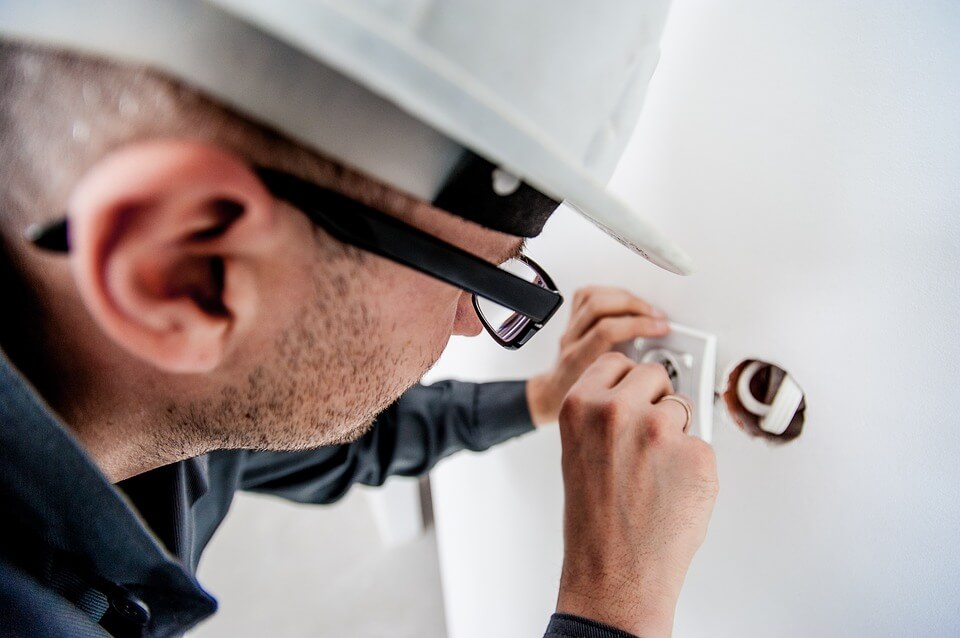Becoming an electrician at 40

In this article, we’ll explore why you should train to become an electrician at 40, and how to go about it.
Can I retrain as an electrician at 40?
Yes, absolutely. Whether you’re looking for a new challenge or your circumstances have changed, switching careers to become an electrician can be extremely rewarding.
However, it can also be intimidating, particularly if you need to obtain certain skills or qualifications.
Becoming an electrician at 40 is a great choice for those looking for something new, as there are clearly outlined pathways to training, which we’ll look at in more detail later.
These pathways have been designed to help people to enter the industry later in life, regardless of their existing skill level or qualifications.
How to retrain as an electrician at 40
There are several different pathways for becoming an electrician in the UK, with both formal education and vocational training options available.
This makes it a great choice for those looking to take a new direction in their career later in life.
The two main options are the adult learner route and the experienced worker route.
Adult learner route
The adult learner route is specifically tailored for individuals aged 18 or over looking to train as an electrician.
Delivered as an intensive course, it involves classroom-based foundational content to equip learners with the essential skills and knowledge, usually in the form of Level 2 and Level 3 Diplomas in Electrical Installation.
They then complete the NVQ Level 3 assessment and the AM2 assessment necessary to become fully qualified as an electrician.
This option is a fairly fast route to qualification and can be completed in just a few months.
While the Level 2 and Level 3 courses take around 6–7 weeks each to complete, the time needed to complete the NVQ and AM2 depends on individual progress and experience.
Experienced worker route
For those who have already worked in the electrical industry but don’t have formal qualifications, the experienced worker route is a great option.
It allows them to build on the skills they’ve already learned and develop them into a recognised industry qualification.
Workers can choose between the Installation/Maintenance or Domestic Electrician qualifications, both of which are assessed against equivalent apprenticeship standards.
The length of time it takes to become fully qualified following the experienced worker pathway depends on the level of experience and the particular course chosen.
Before enrolling, candidates must have worked in the industry for 3–5 years, depending on the course they choose.
Is becoming an electrician the right career for me?
Like any career, there are pros and cons to being an electrician.
While the demand for electricians is high, and the career offers lots of exciting and flexible opportunities, the inconsistent hours and inherent risks of working with electricity could be off-putting to some.
It’s also a physically demanding job, so might not be suitable for everyone.
It’s also worth bearing in mind that being an electrician requires specific skills outside of formal qualifications.
This includes technical competencies like maths, computer literacy and safety awareness, as well as soft skills like attention to detail and time management.
Customer service skills are also important for electricians in both commercial and domestic settings.
Looking to train to be an electrician at 40?
If you’re looking to train to be an electrician at 40 (or any other age, for that matter), explore our range of electrician training courses, or get in touch with our team, who will be happy to advise you on the best learning route for you.
Back to blog



